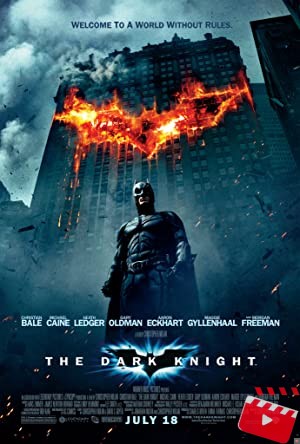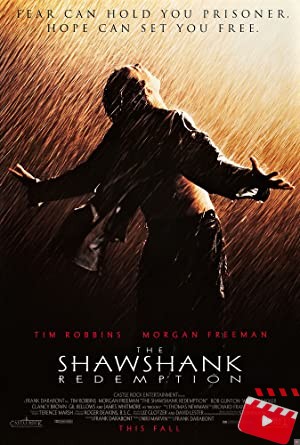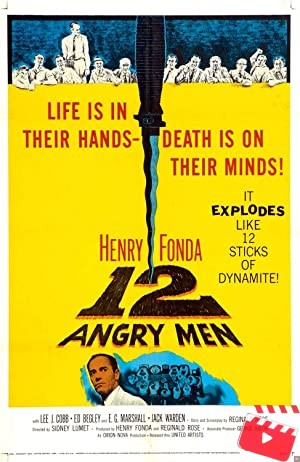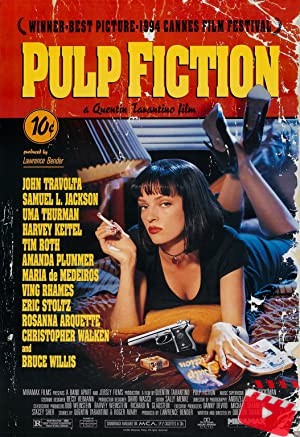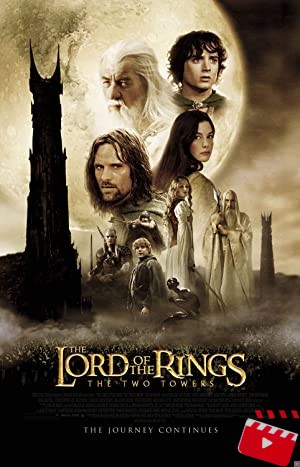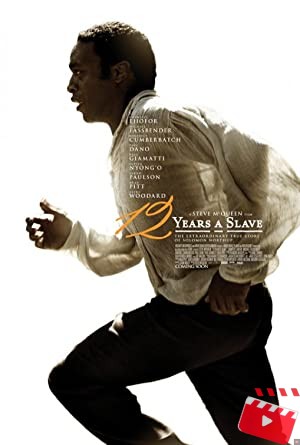
“Seven Samurai” is a brilliant film directed by the renowned Japanese filmmaker, Akira Kurosawa. Released in 1954, the movie is a masterpiece of cinema and holds the distinction of being one of the most influential films in the history of cinema.
The story revolves around a group of poor farmers who hire seven samurais to defend their village against a group of bandits. The ensemble cast of samurais is led by the veteran actor Toshiro Mifune playing the role of Kikuchiyo, a wild and humorous character that brings life to the movie.
The film’s cinematography and visual storytelling are breathtaking. Kurosawa masterfully uses the camera to capture the telling moments of each character, showing the emotions in their facial expressions and body language. The use of movement and the color contrast of the costumes make the movie a visual feast.
One of the things I admire about “Seven Samurai” is how it engages the audience on an emotional level. The story explores themes such as morality, sacrifice, and human struggle, but it does so through characters that we care about. Each samurai has their unique personality, backstory, and motives, making them relatable and interesting to follow.
The movie’s score, composed by Fumio Hayasaka, adds depth to the film’s emotional impact. The music is both haunting and inspiring, creating a sense of mystery and anticipation that keeps you glued to the screen.
In conclusion, “Seven Samurai” is an excellent movie that deserves a place in any movie lover’s collection. It is a cinematic masterpiece that has stood the test of time, inspiring many filmmakers and setting a high standard for Japanese cinema. I highly recommend this movie to anyone who appreciates great storytelling, cinematography, and unforgettable characters.
Lesson about Seven Samurai
The movie “Seven Samurai” can teach us about the importance of working together and self-sacrifice for a greater cause.
The Best of Seven Samurai
- 1. Bold and Inventive Storytelling: Seven Samurai is renowned for its innovative storytelling and masterful direction by Akira Kurosawa. The film presents a unique approach to the samurai genre by introducing characters who are presented as outcasts and marginalized figures, rather than traditionally honorable samurai. In doing so, the film portrays a story of a group of samurai who not only defend a village against bandits but also become invested in the lives and struggles of the villagers.
- 2. Unforgettable Characters: One of the most noteworthy aspects of Seven Samurai is its dynamic cast of characters. The characters are unique, varied and multifaceted, each with their own story and motivations. Moreover, they all have their distinct personalities that contribute to their effectiveness in battle. Each of the Seven Samurai makes a profound impression on the audience, and their experiences and development are engaging to watch.
- 3. Epic & Groundbreaking Cinematography: The film’s vivid and imaginative cinematography has influenced numerous filmmakers across generations. Akira Kurosawa’s direction and cinematography make Seven Samurai both epic and grounded. He gracefully balances large-scale battle sequences with intimate moments, highlighting the humbler aspect of human life. The use of long takes and wide shots provides depth and spatial awareness, allowing the audience to understand the environment and geography of the village. Meanwhile, the film’s action scenes are among the most outstanding of all carers in the Samurai genre.
Week points of Seven Samurai
- 1. Slow pacing: For some viewers, the movie’s pacing may be too slow, particularly in the first half of the film where the lengthy setup may not be as engaging as the action-packed second half.
- 2. Dated special effects: While considered groundbreaking at the time, some of the special effects used in the movie may seem dated or primitive to modern audiences.
- 3. Depictions of gender and class may not resonate with modern audiences: The movie’s portrayal of gender and social class may seem outdated or even offensive to some viewers who may not appreciate how the movie characterizes the role of women and lower-class citizens in feudal Japan.
Technical details of Seven Samurai
| Title | Seven Samurai |
|---|---|
| Year | 1954 |
| Rated | Not Rated |
| Released | 19 Nov 1956 |
| Runtime | 207 min |
| Genre | Action, Drama |
| Director | Akira Kurosawa |
| Writer | Akira Kurosawa, Shinobu Hashimoto, Hideo Oguni |
| Actors | Toshirô Mifune, Takashi Shimura, Keiko Tsushima |
| Plot | A veteran samurai, who has fallen on hard times, answers a village's request for protection from bandits. He gathers 6 other samurai to help him, and they teach the townspeople how to defend themselves, and they supply the samurai with three small meals a day. The film culminates in a giant battle when 40 bandits attack the village. |
| Country | Japan |
| Awards | Nominated for 2 Oscars. 5 wins & 8 nominations total |

